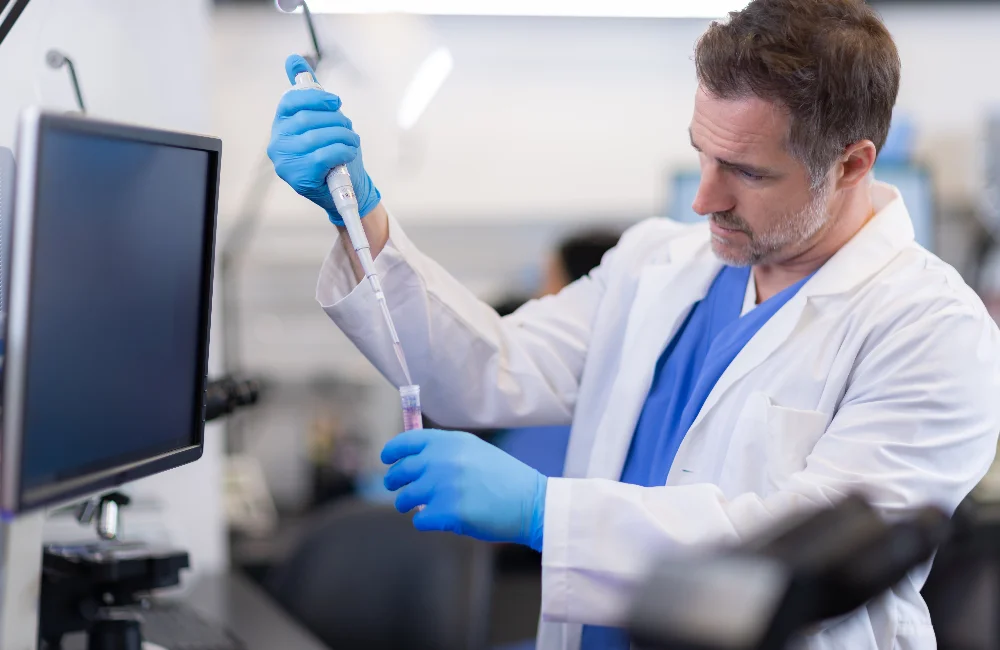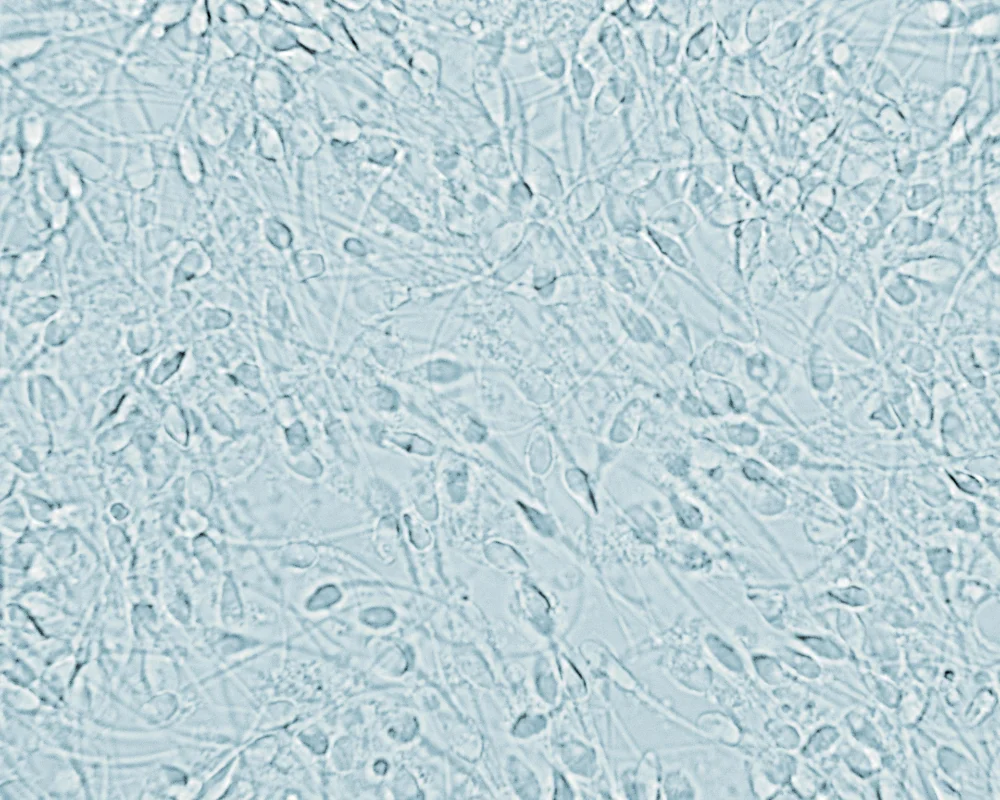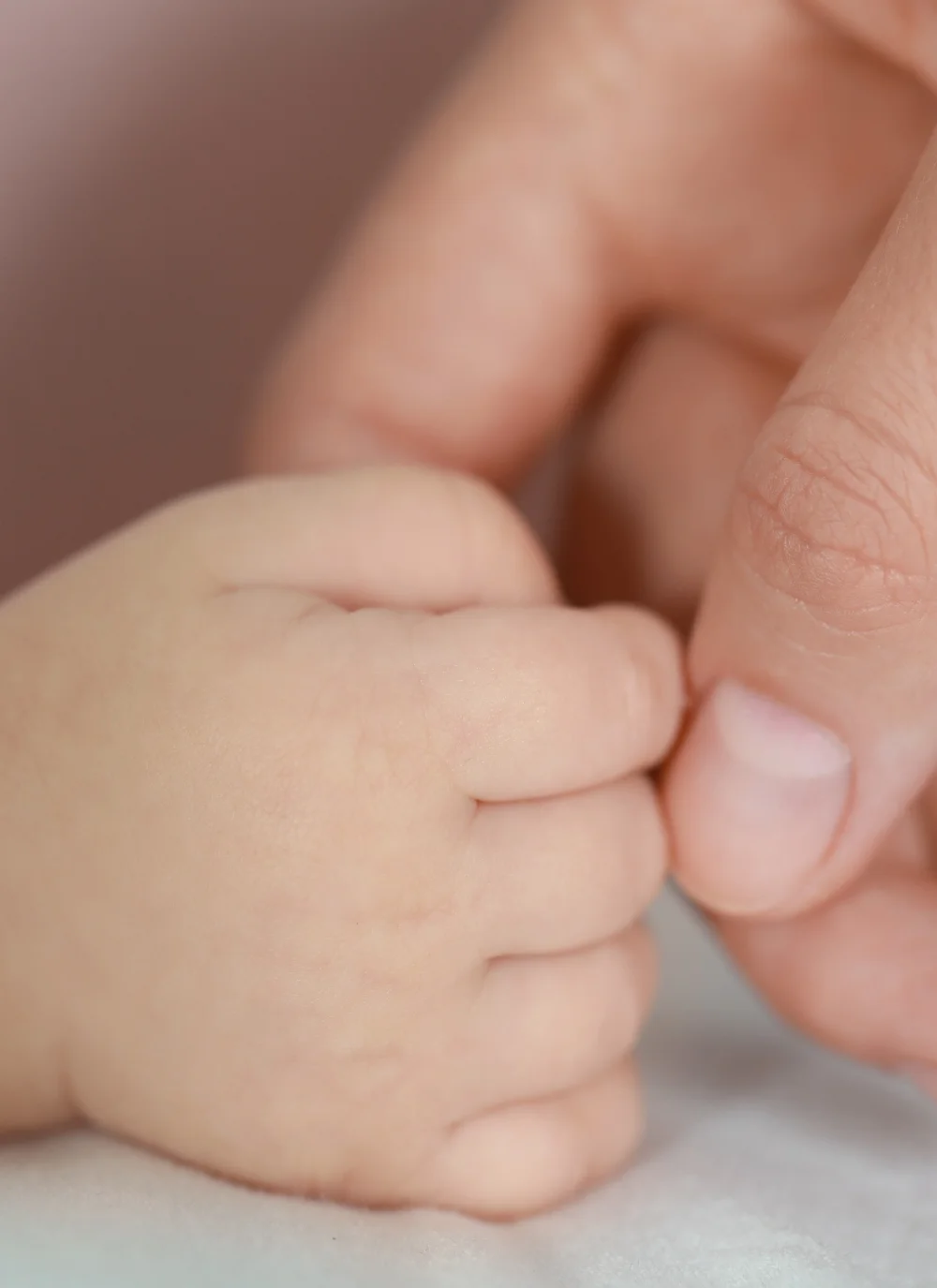CMV (cytomegalovirus) is a virus that initially presents as a mild cold, with symptoms resolving quickly. Many people who contract CMV are never symptomatic and most don't even know whether they have ever been infected. Exposure to this virus is quite common, with about 50% to 85% of people in the U.S. having CMV at some point in their life. It typically doesn’t cause problems in healthy people. But in a small number of cases, it can be a risk for a developing fetus. For that reason, FDA, AATB, NYS and Health Canada regulations and standards require us to test all our potential donors to ensure they do not have an active infection. Donors listed as "CMV positive" have blood work showing a remote (past) infection, but not an active infection at the time of donation.





